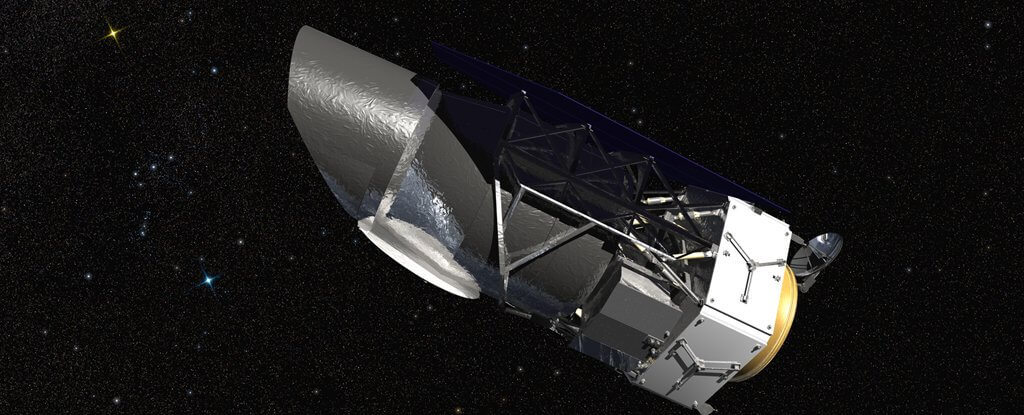
Recently, we heard that changes in the budget of the space Agency NASA, as well as a change of course in the choice of priorities may affect future projects of this Department. And it seems the first results are already starting to emerge. First, it became known that to support the future work of the International space station after 7 years, NASA no longer plans (by the way, the Russian space Agency Roscosmos is not planning on), and now another project may lose its funding.
Under the new amended draft budget, if adopted, NASA will lose the telescope WFIRST (Wide-Field Infrared Survey Telescope). The device is planned to launch in the next decade, was to help astronomers in their study of the phenomenon of expanding Universe, as well as solving some mysteries associated with the so-called dark energy.
According to information published by the New York Times, the acting administrator of the National office for Aeronautics and space research Robert Lightfoot Jr., describes this refusal of the project “very difficult decision”. He noted that the Agency will have to reallocate funds from the project of the telescope, estimated at $ 3 billion, to other areas of development.
Astronomers have welcomed the plans to reduce funding for WFIRST, of course, up in arms. The American astronomical society has sounded the alarm in its statement says that the budget cuts to NASA “cause significant damage to the development of American astronomy.”
“A bunch of bureaucrats suddenly put an end to the decades of work and streamlined processes and decided to take control of extraterrestrial astronomy”, — denounced David Spergel, the former head of the Scientific Council on space exploration in his comments to the publisher the New York Times.
Understanding the nature of dark energy – cosmological force, which fills up 68 percent of the entire Universe – could make a significant contribution to understanding why our universe is expanding. Scientists were eager to delve into the study of this question, but for this they needed the best and most advanced tools to work with. This tool was supposed to be a telescope WFIRST.
Initially, the telescope was planned to launch into space much earlier, but in the end, he “gave way to” more priority project of the space telescope “James Webb”, the cost of which has long passed beyond the initial budget. When it became clear that WFIRST to run according to a fixed schedule does not work, NASA acquired the rights to the use of the telescope Euclid, developed by the European space Agency (ESA). The purpose of the mission, as in the case of WFIRST will be a better understanding of the geometry of dark matter and dark energy by means of a very accurate measurement of the acceleration of the Universe. Nevertheless, it is expected that the program “Euclid” will not be a comprehensive of what she has planned with WFIRST, so NASA will have to rely only on those data it can get from other space agencies.
Previously it was noted that NASA is going to concentrate the main forces on the resumption of the lunar program, which, in turn, will give further impetus to the exploration of Mars. Primarily this is the task set before him itself, the U.S. government decided a few nuts Yes twist to this more independent feel to the Agency. But now it becomes clear that NASA is now in a position where choices of some priorities can dramatically affect the fate of other, and perhaps more important, studies.
Of course, one should not exclude the possibility that the current provided to the project view of the budget the us Congress will not accept the mission, WFIRST will be able to save, but the clock is ticking, and time for the adoption of the final version of the document is less.
NASA could lose one of the most important for science research missions
Nikolai Khizhnyak